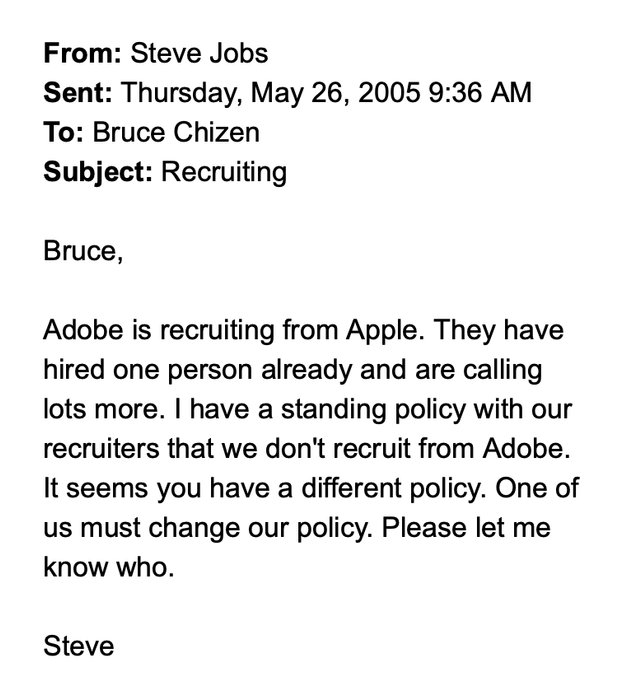Sublime
An inspiration engine for ideas
Steve Jobs - Start with the Customer Experience
youtube.comstarted while Jobs was running Pixar and NeXT.
Max Chafkin • Design Crazy: Good Looks, Hot Tempers, and True Genius at Apple
as Steve Jobs notes: “Everything around you that you call life was made up by people that were no smarter than you and you can change it, you can influence it, you can build your own things that other people can use. Once you learn that, you’ll never be the same again.” 2
Taylor Pearson • The End of Jobs: Money, Meaning and Freedom Without the 9-to-5
On the contrary, instead of focusing just on the functional needs of customers, he observed what they were trying to accomplish on a social and emotional level as well. He... See more
Steve Jobs’ 9 Product Development Tactics for Founders. | VC & Startup Jobs.
For Jobs, belief in an integrated approach was a matter of righteousness. “We do these things not because we are control freaks,” he explained. “We do them because we want to make great products, because we care about the user, and because we like to take responsibility for the entire experience rather than turn out the crap that other people
... See moreWalter Isaacson • Steve Jobs: The Exclusive Biography
Business Blurb on TikTok
vm.tiktok.com


It’s worth remembering these wise words from Steve Jobs when he was asked to address the graduating class at Stanford: